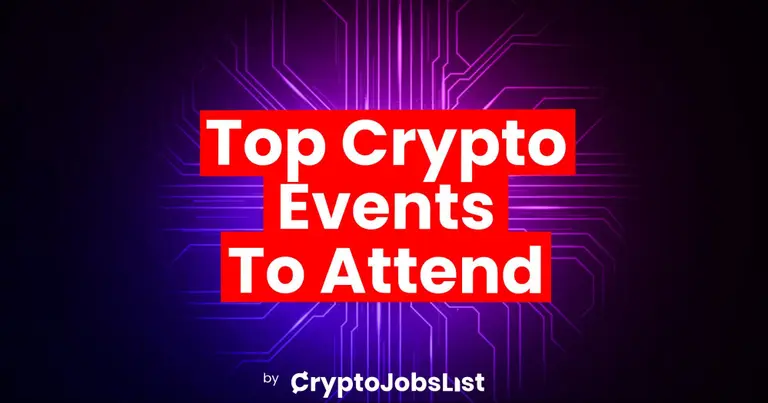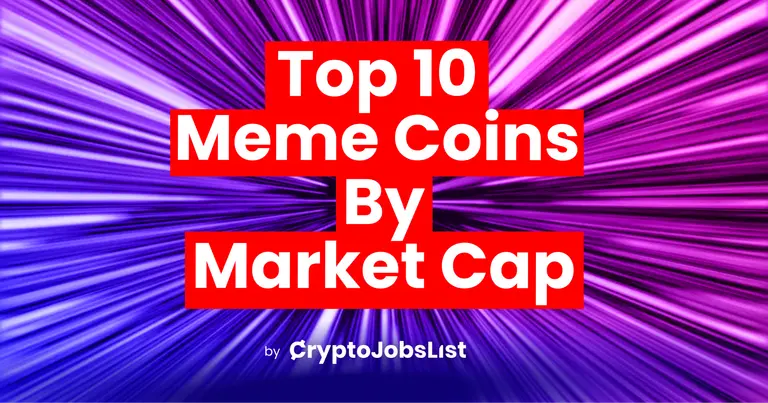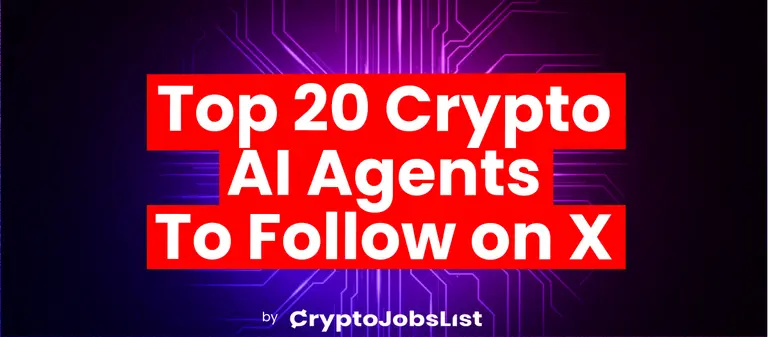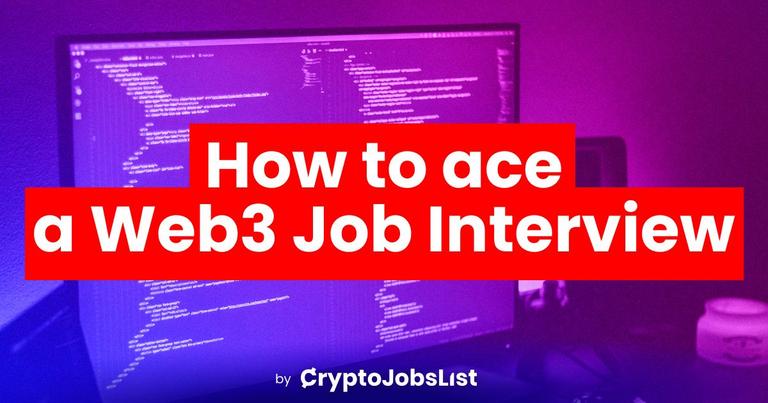The shift from Web 2.0 to Web 3.0 will be a significant change in how we surf the web and interact with what is happening worldwide. The idea of a decentralized web, controlled by its users instead of corporations, has been gaining traction over the last few years as people have begun to understand how their data can be used for nefarious purposes. Web3 is at the forefront of it, giving users back control.
Introduction: What is Web3?

A new generation of decentralized technology is emerging that will create a paradigm shift in how the internet operates. These technologies, also known as Web 3.0, rely on blockchain-based systems, a form of distributed ledger technology, and smart contracts to decentralize and secure online interactions.
The first significant emergence of blockchain technology, a foundational component of the crypto world, came in 2008 with the introduction of Bitcoin. The decentralized nature of blockchain, a key component of digital assets like cryptocurrencies, led to an explosion of interest from industries and governments seeking innovative uses for this technology.
Emerging use cases extend beyond decentralized exchanges to include NFTs (non-fungible tokens), virtual world and gaming innovations, and DAOs, highlighting blockchain's versatility in creating a more interactive and immersive metaverse. But this is only set to grow as people find more ways to integrate Web2 technologies with Web3, showcasing the shift from a centralized model to a more user-empowered framework
Background: The need for Web3
The need for Web3 is imminent, yet few of us are aware of it. Blockchain technology, beyond its use in cryptocurrencies and NFT, can be leveraged to clean up environmental issues, eradicate human trafficking, reduce violence in the developing world, and create a fairer system of economics, revolutionizing the way web pages function and interact. But first, it needs to be adopted.
It's challenging to find an application on the internet that doesn't store or share your data with third parties. Web3 is made up of everything related to blockchains, crypto assets, web3 applications, and even governance systems that oversee network decentralization.
Web3 apps have been gaining popularity but there's still a long way to go. For now, the most robust interations are through Web3 browsers or even browser extensions such as metamask. There is a lot of Web3 Infrastructure that is yet to be built.
Web3 and Cryptocurrency: How the Two are Connected
In the past, when you wanted to buy a product online, you would have to either use a credit card or a PayPal account. Today, cryptocurrency has emerged as a viable third option, with less expensive transactions and more anonymity than either of the established payment methods.
The advent of cryptocurrencies and blockchain technology has revolutionized finance, paving the way for decentralized finance (DeFi) solutions that were previously thought to be impossible. Cryptocurrencies, backed by advanced compute capabilities, incentivise running the network and all economic layers associated with it.
Ethereum and Smart Contracts: How They Help Create a More Autonomous Web
Nearly two decades ago, the dot-com bubble created a frenzy in the tech industry. While many companies failed during this time, some companies emerged in the new digital age.
One of these companies was Amazon. With an innovative business model at their disposal, they quickly became one of the most valuable companies in the world.
The origins of this company are crucial to understanding how businesses now operate online. Similarly, not every company in Web 3 might be the next big thing. But Web 3 has ushered in a new way for people to interact with the internet.
Ethereum and Smart Contracts create what is called Web 3.0. For the first time, the internet gives people the power to build their own networks and run their own applications on top of it.
Instead of relying on a handful of companies to provide the technology to build their web, it is now becoming accessible by anyone. This is the transition to Web 3.
Web3 and Environmental Impact

The digital world is waking up to its environmental responsibilities, and Web3 is leading the charge. Moving away from the traditional practices of big tech companies, Web3's decentralized nature offers a fresh approach to eco-friendly tech solutions.
This isn't just wishful thinking—web3 projects around the globe are actively innovating in ways that reduce our digital carbon footprint and promote green practices.
At the core of Web3 lies blockchain technology, and it's not just about cryptocurrencies anymore. The evolution of blockchain, especially with the shift towards more energy-efficient frameworks like proof-of-stake, is transforming Web3 into a champion of environmental sustainability.
This pivotal aspect of Web 3.0 is setting the stage for a future where technology not only coexists with our environment but actively supports it.
Web3's Role in Enhancing Global Communication
Imagine an era where communication barriers are a thing of the past. That's the promise of Web3. Unlike the current web dominated by centralized powers, Web3 is building a version of the web based on peer-to-peer networks.
This means more direct and inclusive global communication, transcending geographical boundaries and cultural differences. Web3 isn't just changing the way we connect; it's redefining the very essence of the world wide web.
Web3's ambition goes beyond just technological advancements. It's about creating a global community, where diverse cultures and ideas converge seamlessly.
With Web 3.0 technologies at its disposal, the potential for developing applications and services that resonate across different cultures is immense. This is Web3’s vision for a connected, inclusive world.
The Ethical Implications of Web3
Web3 isn’t just a technological leap; it’s an ethical revolution. The decentralized ethos of Web3 offers more control over personal data and a shift away from the centralized, often controversial, nature of social media platforms.
But this new digital era also brings new ethical challenges. Balancing innovation with responsible governance is key to ensuring Web3 remains a force for good.
The journey from the static web pages of the 1990s and early 2000s to the dynamic and centralized Web2, and now to the decentralized, empowering realm of Web 3.0, is a leap into uncharted territory.
The governance models we build for Web3 need to prioritize ethical considerations and data privacy. This is crucial for harnessing the true potential of Web3 while protecting the rights and interests of every individual who steps into this new digital world.
The Future of Web3 Blockchain Jobs
The future of work is digital. That means the future of jobs is digital too. Web3 has emerged as an industry-shaping technological development, influenced by the semantic web, that will profoundly disrupt how we live and work.
It is redefining our industry, changing everything from secure data management to decentralized applications, and it's even transforming the job market with new opportunities in blockchain-related fields, especially within big tech companies.
Web3 refers to the third generation of web-based technologies, including blockchain technology and its related protocols, such as Bitcoin and Ethereum.
However, this is evolving, and the list keeps growing with more utilities and applications. Web3 technologies have come a long way, but more products are being built every day by a new wave of Web3 companies. Web3 Developers are already in great demand!
Conclusion: Why we believe we’re building something that will change the world
What is Web3? In a nutshell, Web3 is the next generation of the internet. It has been designed to be more social and decentralized, allowing for fairer exchanges between users.
Web3 is being seen as a solution to some of the drawbacks of Web2.0 by many experts, particularly in how it handles personal data such as with social networks like Facebook.
One such drawback is that most web services are centrally owned and operated by a company or organization that can then determine how that service should work without input from any other parties.
No one knows how Web 3 will reshape the internet and the world around it. However, it is clear that Web 3 is the next logical step for the internet, and it will reshape the entire industry. Check out some of the best Web3 Jobs that are available right now.








